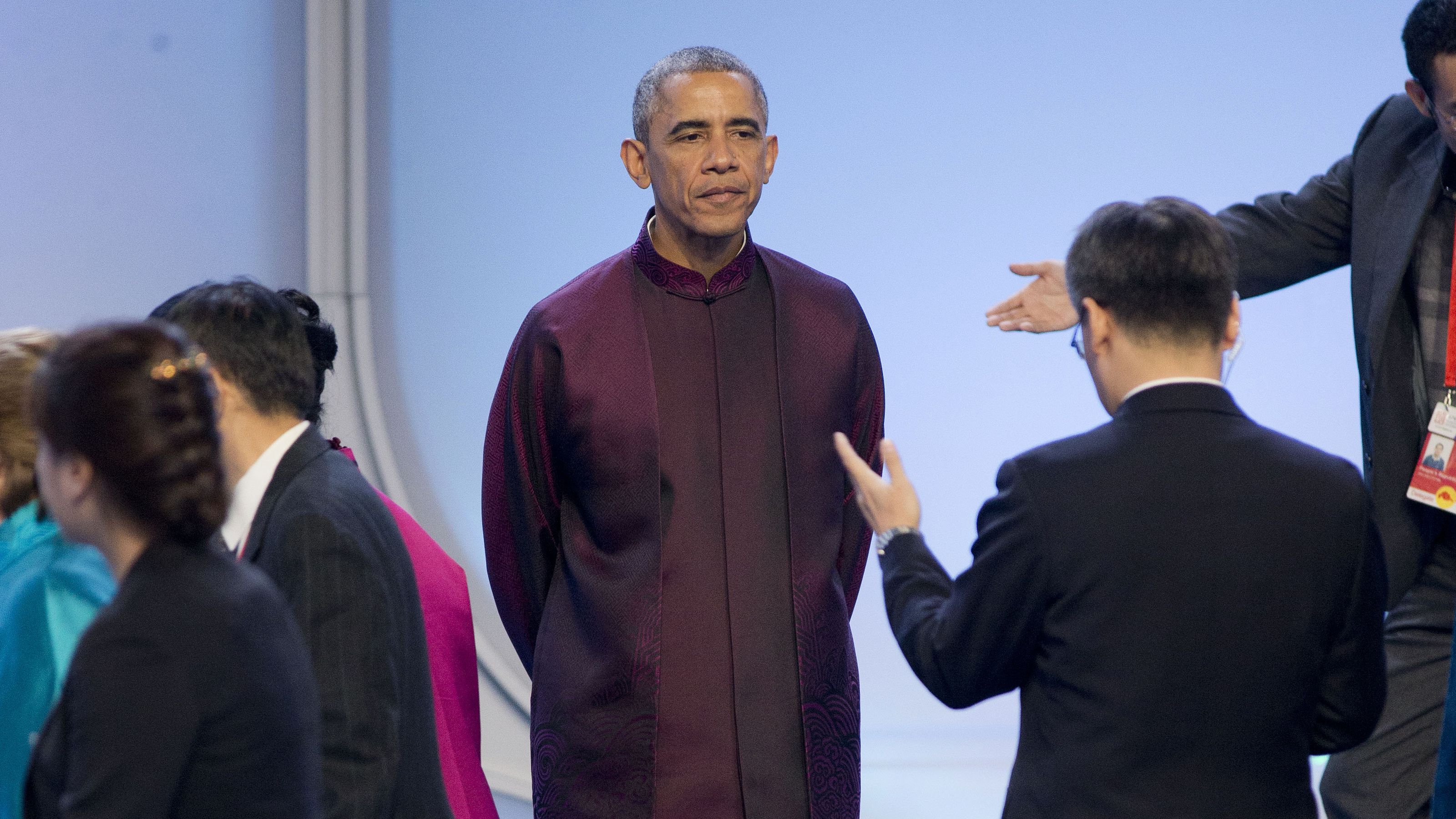China has quietly surpassed the U.S. this year as the world’s largest economic power, and that’s not a situation likely to reverse itself anytime soon, even if that nation should suffer a large-scale financial downturn. But what is the significance of America being number two? From Joseph Stiglitz at Vanity Fair:
Now China is the world’s No. 1 economic power. Why should we care? On one level, we actually shouldn’t. The world economy is not a zero-sum game, where China’s growth must necessarily come at the expense of ours. In fact, its growth is complementary to ours. If it grows faster, it will buy more of our goods, and we will prosper. There has always, to be sure, been a little hype in such claims—just ask workers who have lost their manufacturing jobs to China. But that reality has as much to do with our own economic policies at home as it does with the rise of some other country.
On another level, the emergence of China into the top spot matters a great deal, and we need to be aware of the implications.
First, as noted, America’s real strength lies in its soft power—the example it provides to others and the influence of its ideas, including ideas about economic and political life. The rise of China to No. 1 brings new prominence to that country’s political and economic model—and to its own forms of soft power. The rise of China also shines a harsh spotlight on the American model. That model has not been delivering for large portions of its own population. The typical American family is worse off than it was a quarter-century ago, adjusted for inflation; the proportion of people in poverty has increased. China, too, is marked by high levels of inequality, but its economy has been doing some good for most of its citizens. China moved some 500 million people out of poverty during the same period that saw America’s middle class enter a period of stagnation. An economic model that doesn’t serve a majority of its citizens is not going to provide a role model for others to emulate. America should see the rise of China as a wake-up call to put our own house in order.
Second, if we ponder the rise of China and then take actions based on the idea that the world economy is indeed a zero-sum game—and that we therefore need to boost our share and reduce China’s—we will erode our soft power even further. This would be exactly the wrong kind of wake-up call. If we see China’s gains as coming at our expense, we will strive for “containment,” taking steps designed to limit China’s influence. These actions will ultimately prove futile, but will nonetheless undermine confidence in the U.S. and its position of leadership. U.S. foreign policy has repeatedly fallen into this trap.•
Tags: Joseph Stiglitz

